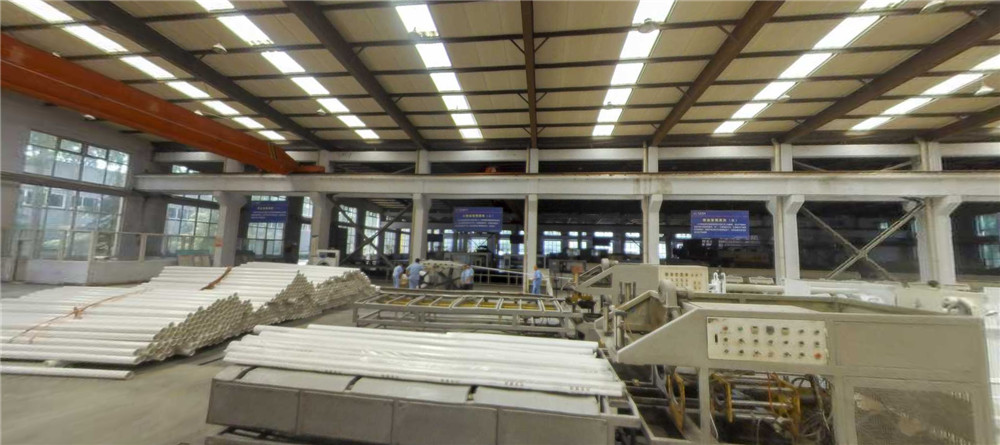Дек . 30, 2024 03:20 Back to list
1 pvc irrigation pipe
The Versatility and Benefits of 1% PVC Irrigation Pipe
Irrigation systems play a crucial role in modern agriculture, ensuring that crops receive the necessary water to thrive, especially in regions with inadequate rainfall. Among the many types of irrigation systems available today, PVC (Polyvinyl Chloride) pipes, particularly those with a 1% variation in thickness and diameter, are gaining popularity due to their numerous benefits.
What is 1% PVC Irrigation Pipe?
A 1% PVC irrigation pipe typically refers to a specific standard in the manufacturing of these pipes, which includes precision in measurements and quality control. By ensuring that pipes maintain a consistent thickness within a 1% variation, manufacturers provide agriculturalists with reliable, durable solutions for water distribution. PVC pipes are strong yet lightweight, making them easy to handle and install compared to other materials like metal or concrete.
Advantages of Using PVC for Irrigation
1. Corrosion Resistance One of the primary reasons for using PVC irrigation pipes is their resistance to corrosion. Unlike metal pipes that can rust and degrade over time, PVC pipes maintain their integrity even in the presence of chemicals in the soil or water. This means lower maintenance costs and less frequent replacements, offering farmers a long-term solution.
1 pvc irrigation pipe

2. Durability and Lifespan PVC pipes have a robust construction that allows them to withstand high pressure and harsh weather conditions. They have a significant lifespan, often exceeding 50 years when properly maintained. This durability is especially important in agricultural settings where reliable water delivery is crucial for crop yields.
3. Cost-Effectiveness The initial cost of PVC irrigation pipes is generally lower than that of traditional materials. Additionally, their longevity and low maintenance requirements contribute to overall savings for farmers. The efficiency of water delivery using PVC could also lead to better crop yields, ultimately translating into higher profits.
4. Easy Installation and Flexibility PVC irrigation pipes are lightweight, making transportation and installation straightforward. They can be easily cut to size and connected using solvent cement, ensuring a watertight seal. This flexibility allows for quick modifications to irrigation systems, accommodating changing agricultural needs or adapting to different terrains.
5. Environmental Impact PVC is a type of plastic that, when properly disposed of, can be more environmentally friendly than some alternative materials. Moreover, the efficient utilization of water facilitated by PVC irrigation systems can promote sustainable farming practices.
Conclusion
In conclusion, the use of 1% PVC irrigation pipes presents a host of advantages that can significantly benefit agricultural practices. Their corrosion resistance, durability, cost efficiency, and ease of installation make them an ideal choice for farmers looking to optimize their irrigation systems. As water scarcity becomes a growing concern globally, adopting effective and sustainable irrigation solutions like PVC pipes can play a significant role in enhancing agricultural productivity while ensuring responsible water use. By investing in modern irrigation technology, farmers can secure their livelihoods and contribute to the global challenge of food security amid changing environmental conditions. The future of agriculture lies in smart, efficient solutions, and 1% PVC irrigation pipes are paving the way forward.
-
Durable PP Rigid Sheet: Lightweight, Chemical Resistant Solutions
NewsAug.21,2025
-
PVC Grey Sheet for Extraction: Chemical Resistant & Durable
NewsAug.19,2025
-
Durable PVC Pipe Fittings for Plumbing & Irrigation Needs
NewsAug.18,2025
-
HDPE Steel Belt Reinforced Spiral Corrugated Pipe | High Strength
NewsAug.17,2025
-
HDPE Pipe Fittings: Durable, Leak-Proof Solutions
NewsAug.16,2025
-
Premium CPVC Sheet: High-Temp & Chemical Resistant Solutions
NewsAug.15,2025

